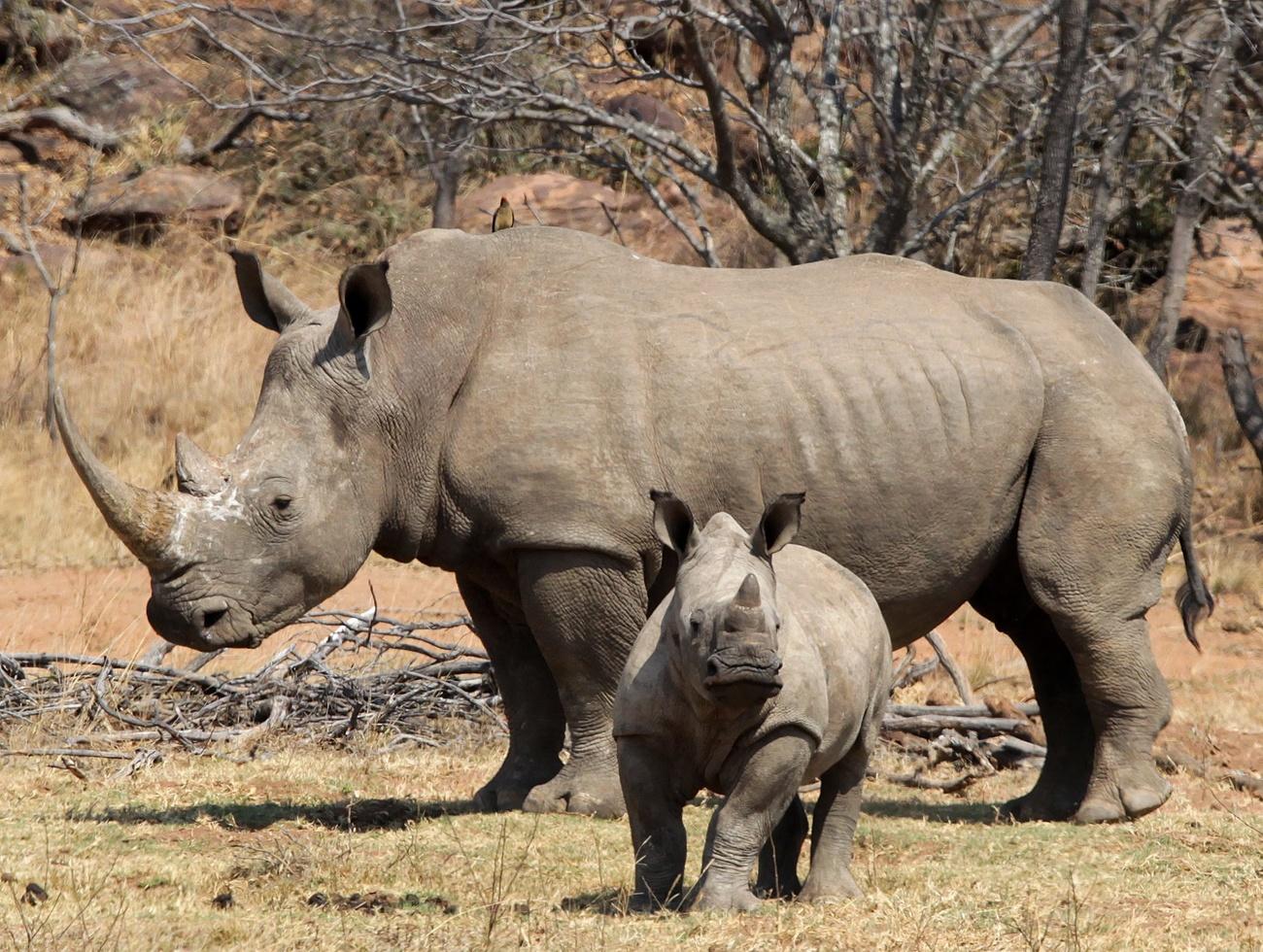
Switzerland opposes proposals to restart trade in rhino horns and ivory

Switzerland will oppose proposals by southern African countries seeking to relax restrictions on the international trade in white rhinoceros, officials said on Tuesday.
The issue will be covered during the Conference of the 183 state parties to the Convention on International Trade in Endangered Species of Wild Fauna and Flora (CITESExternal link), which is taking place in the Swiss city of Geneva from August 18-27.
Some 56 proposals to expand and further strengthen the global wildlife trade regime will be discussed and voted on during the international gathering, which takes place every three years.
“The number of issues has increased significantly by about 20% since the last conference,” CITES Secretary-General Ivonne Higuero told reporters in Geneva on Tuesday. “We expect a lively debate over the next few days.”
Among the topics up for discussion are two proposals on white rhinos, which have been heavily poached for their horns for years. Eswatini (former Swaziland) wants to allow the commercial trade of southern white rhinos to sell an existing stock of rhino horn and 20kg a year thereafter. Namibia also proposes to ease the sale of live animals to appropriate destinations, and hunting trophies. Switzerland says it will oppose both measures.
Several elephant proposals are also on the table. Various southern African states would like to discuss the possibility of a controlled trade in African elephant ivory. They argue that the populations are stable or increasing after being well managed in national parks. Eastern, northern and western Africa, however, are proposing a different line advocating a ban on trade. Switzerland says it will support neither proposal. Instead, it says it favours “measures that are intended to prevent local trade in ivory, strengthen controls or deepen national and international cooperation”.
Other proposals include the better protection of giraffe, whose numbers are declining due to the loss of their natural habitat and population growth, as well as reptiles, amphibians, rays and sharks and precious timber species, to name but a few. Switzerland has put forward its own proposal calling for a study into the sustainable trade in tropical fish.
Over 36,000 species are currently protected by the convention, signed in 1973 in Washington. Switzerland ratified the treaty in 1974 and is the depositary state and host of the CITES Secretariat, based in Geneva.

In compliance with the JTI standards
More: SWI swissinfo.ch certified by the Journalism Trust Initiative

























You can find an overview of ongoing debates with our journalists here . Please join us!
If you want to start a conversation about a topic raised in this article or want to report factual errors, email us at english@swissinfo.ch.